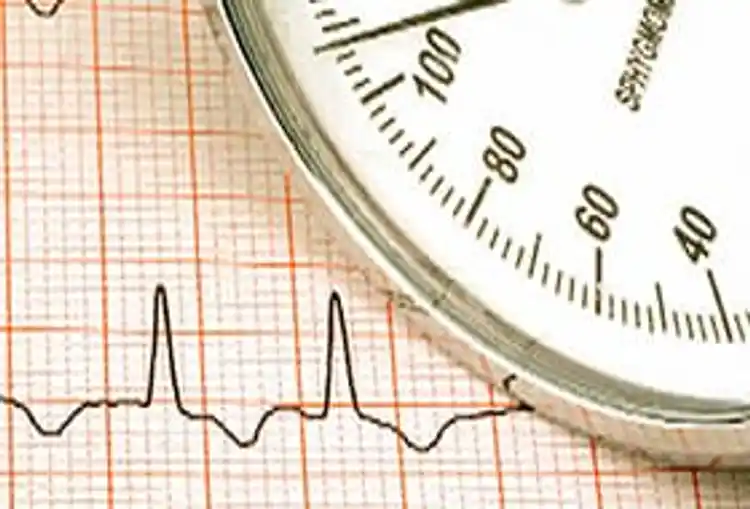How Hypertension Affects Cardiac Risk

Hide Video Transcript
Video Transcript
Jonathan Sackner Bernstein, MD
People who have high blood pressure are at increased risk of heart attack or stroke. We've known that for decades. There has actually been some debate that's quieted a bit over the last few years about whether you might do some harm as a doctor if you treat high blood pressure too aggressively. It seems now that with most of the medicines that are commonly used for high blood pressure treatment, that other than pushing the dose so high that people feel bad, they are dizzy, they are overly fatigued, you're not going to get into too much, you're not going to get the person in more trouble by shooting for optimal blood pressure. In fact, a study about two years ago in Lancet, which is one of the premier medical journals in Europe, showed that the ideal blood pressure is 115 over 75. Now when you come into my office as a patient, if you're starting out at 165 over 95, you're going to feel miserable if I try to get you to 115 over 75 quickly. But high blood pressure, just as with high cholesterol and abnormal sugars are chronic conditions, where you're not trying to flip a switch and fix them immediately, because to do that, number 1, is not possible, and number 2, is most likely to make a patient feel worse, and then you as the patient are less likely to take the medicine. So I want to introduce therapies gradually, starting with lifestyle modifications, again, trying to get people to lose weight, trying to get them to eat better, trying to get them to exercise. If that can be accomplished, you can usually see a few millimeters difference, but typically even in the ideal patient, you need more, you need medicines. So, starting with older medicines that have been used in long term studies that have been used by millions of people so we know about their safety, we can gradually get that blood pressure towards the optimal target and once you get someone's blood pressure to the optimal target, you've actually minimized their risk of the heart attack or stroke. 